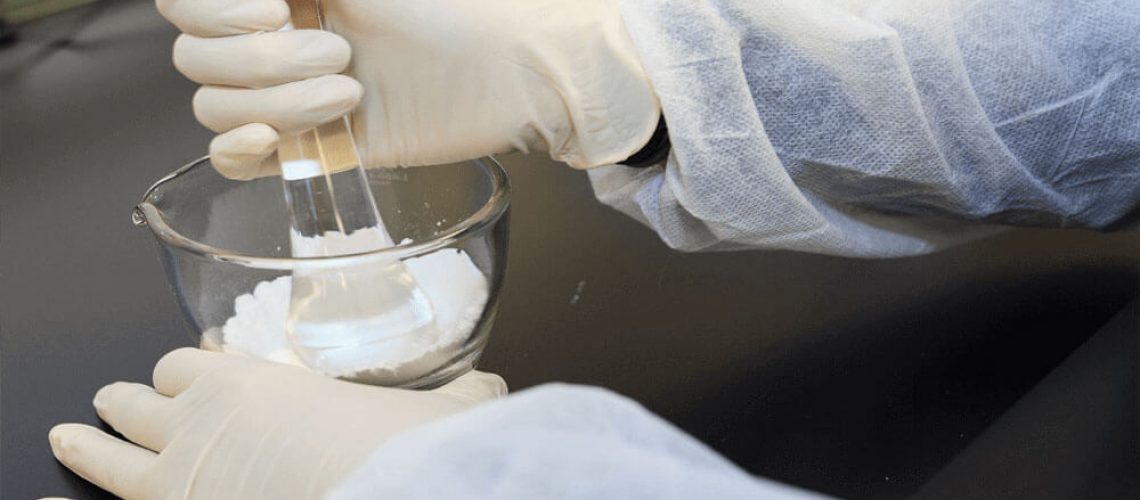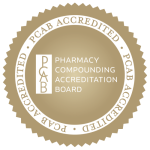We’ve been posting for a while now a lot of information about pharmaceutical compounding in our mission to increase awareness about it.
Reality shows that there are still too many health care practitioners who:
- Did not hear about pharmaceutical compounding
- Do not know anything about pharmaceutical compounding
- Have heard something about pharmaceutical compounding, but negative news in the media, a while back.
In a previous post we showed you some numbers:
Regular pharmacies nationwide 57,000
Compounding pharmacies nationwide 7,500
Pharmaceutical products market share presence 13%
Pharmaceutical products market share revenue 2%
Among these compounding pharmacies:
Quality and safety credentialed and accredited compounding pharmacies
- PCAB (Pharmaceutical Compounding Accreditation Board) accredited – 650 nationwide
- cCERT (Certified for high standards in quality services and ethical billing practices – 160 nationwide
- PCCA (Professional Compounding Centers of America) member – best regarded in the industry resource for acquiring education and highest quality supplies.
Myth
Pharmaceutical compounding is not legal
Fact
Pharmaceutical compounding is legal and is practiced by licensed pharmacists in licensed and legally registered pharmacies with the State Board of Pharmacy
Myth
Pharmaceutical compounding is not regulated.
Fact
Federal and State laws regulate all pharmacies, including compounding pharmacies
Pharmaceutical compounding is regulated by the State Boards of Pharmacy. FDA supersedes the State Board of Pharmacy when deemed necessary. The new pharmaceutical compounding model – 503B (also called “outsourcing facility”) is regulated by FDA and follows CGMP guidelines.
Myth
Compounded medications are not FDA approved
Fact
Compounded medications are made only with FDA approved active pharmaceutical ingredients (API’s) procured from FDA registered and GMP regulated facilities. All the API’s have a USP-NF monograph. (USP Monographs for Bulk Drug Substances and Other Ingredients provide standards for identity, quality, purity, strength, packaging and labeling for bulk substances and other ingredients that may be used in compounded preparations. USP–NF standards deemed official by USP are enforceable by the FDA for medicines marketed in the United States.)
Myth
Compounded medications are not safe.
Fact
Compounded medications prepared in a professional and compliant compounding pharmacy are as safe as the FDA approved API’s they contain. Extra regulations are followed and safety measures are taken for sterile medications.
Myth
Any pharmacy can prepare any kind of compounded medication.
Fact
Any pharmacy can prepare SOME compounded medications. ONLY dedicated, specialized and compliant compounding pharmacies can appropriately prepare a wide range of compounded medications.
Myth
Compounded medications are very expensive.
Fact
Quite the opposite – compounded medications are a cost-effective treatment option practitioners can offer patients as the commercial drugs’ prices are skyrocketing lately and insurance companies are covering less and less. Let’s not forget the added value as being customized.
Myth
It is extra work and very complicated to prescribe compounded medication.
Fact
The prescribing process is almost the same as prescribing a commercial drug, once you understand how to prescribe it, particularly if you e-scribe. A good compounding pharmacist will always be there to help you at the beginning with any questions you may have about prescribing compounded medication.
Now that we clarified many misconceptions you may have had about pharmaceutical compounding, there is only one important step left: selecting the right compounding pharmacy!
Please go back and read carefully what to look for among compounding pharmacies when making your selection for your future partner in assisting your patients achieve a better clinical outcome.
Nurten Rasid, M.D. – Compounding Clinical Consultant




